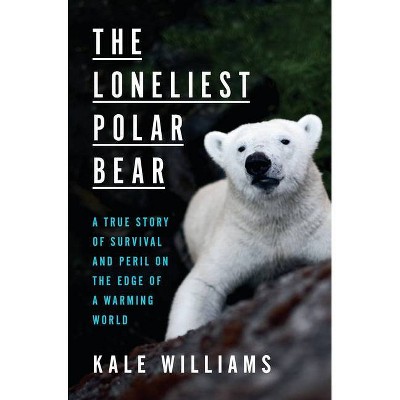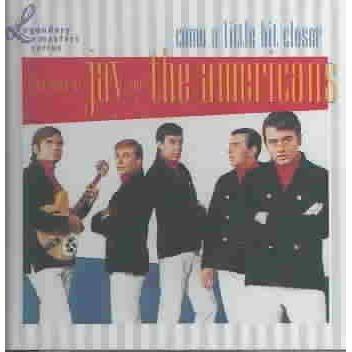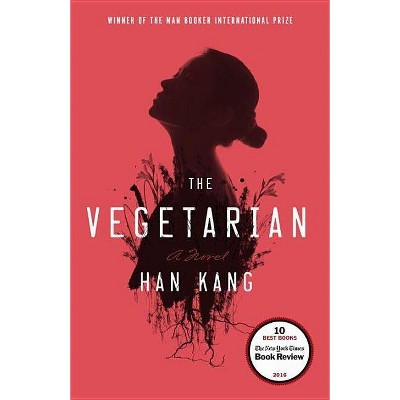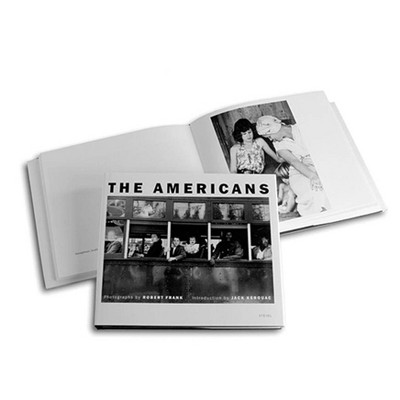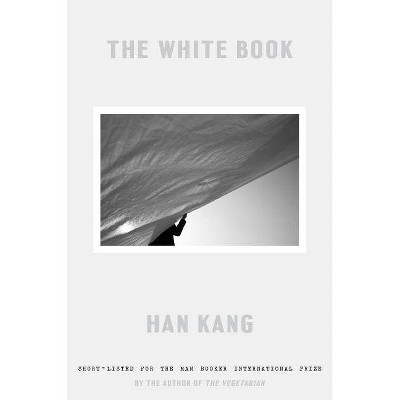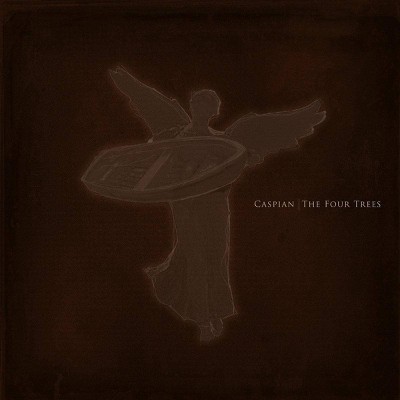The Loneliest Americans - by Jay Caspian Kang (Hardcover)
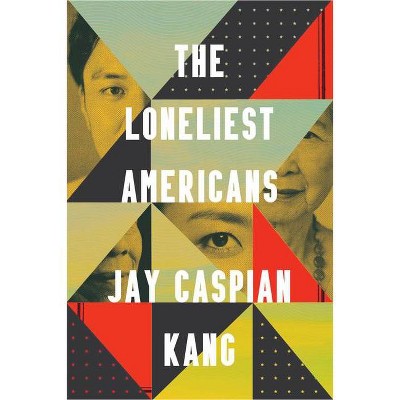
Similar Products
Products of same category from the store
AllProduct info
<p/><br></br><p><b> About the Book </b></p></br></br>"A riveting blend of family history and original reportage by a conversation-starting writer for The New York Times Magazine that explores-and reimagines-Asian American identity in a Black and white world. In 1965, a new immigration law lifted a century of restrictions against Asian immigrants to the United States. Nobody, including the lawmakers who passed the bill, expected it to transform the country's demographics. But over the next four decades, millions arrived, including Jay Caspian Kang's parents, grandparents, aunts, and uncles. They came with almost no understanding of their new home, much less the history of "Asian America" that was supposed to define them. The Loneliest Americans is the unforgettable story of Kang and his family as they move from a housing project in Cambridge to an idyllic college town in the South and eventually to the West Coast. Their story unfolds against the backdrop of a rapidly expanding Asian America, as millions more immigrants, many of them working-class or undocumented, stream into the country. At the same time, upwardly mobile urban professionals have struggled to reconcile their parents' assimilationist goals with membership in a multicultural elite-all while trying to carve out a new kind of belonging for their own children, who are neither white nor truly 'people of color'"--<p/><br></br><p><b> Book Synopsis </b></p></br></br><b>A riveting blend of family history and original reportage that explores--and reimagines--Asian American identity in a Black and white world <p/>"A smart, vulnerable, and incisive exploration of what it means for this brilliant and honest writer--a child of Korean immigrants--to assimilate and aspire while being critical of his membership in his community of origin, in his political tribe, and in America."--Min Jin Lee, author of <i>Pachinko</i><br></b> <br>In 1965, a new immigration law lifted a century of restrictions against Asian immigrants to the United States. Nobody, including the lawmakers who passed the bill, expected it to transform the country's demographics. But over the next four decades, millions arrived, including Jay Caspian Kang's parents, grandparents, aunts, and uncles. They came with almost no understanding of their new home, much less the history of "Asian America" that was supposed to define them. <p/><i>The Loneliest Americans</i> is the unforgettable story of Kang and his family as they move from a housing project in Cambridge to an idyllic college town in the South and eventually to the West Coast. Their story unfolds against the backdrop of a rapidly expanding Asian America, as millions more immigrants, many of them working-class or undocumented, stream into the country. At the same time, upwardly mobile urban professionals have struggled to reconcile their parents' assimilationist goals with membership in a multicultural elite--all while trying to carve out a new kind of belonging for their own children, who are neither white nor truly "people of color." <p/>Kang recognizes this existential loneliness in himself and in other Asian Americans who try to locate themselves in the country's racial binary. There are the businessmen turning Flushing into a center of immigrant wealth; the casualties of the Los Angeles riots; the impoverished parents in New York City who believe that admission to the city's exam schools is the only way out; the men's right's activists on Reddit ranting about intermarriage; and the handful of protesters who show up at Black Lives Matter rallies holding "Yellow Peril Supports Black Power" signs. Kang's exquisitely crafted book brings these lonely parallel climbers together amid a wave of anti-Asian violence. In response, he calls for a new form of immigrant solidarity--one rooted not in bubble tea and elite college admissions but in the struggles of refugees and the working class.<p/><br></br><p><b> Review Quotes </b></p></br></br><br>"Much of the book's texture is supplied by the character of Jay Kang, who bristles at the prospect of being a character at all. . . . His perpetual self-doubt makes the book crackle with life. . . . The lasting achievement of <i>The Loneliest Americans</i> is that it prompts Asian Americans to think about identity in a framework other than likeness. It asks us to make meaning in ways beyond looking out for our own."<b><i>--The New Yorker</i></b> <p/>"Kang combines his personal family history with deft reportage in a provocative and sweeping examination of racial identity, belonging and family."<b><i>--Time</i></b> <p/>"<i>The Loneliest Americans</i> dares readers to push beyond their comfort zones and deconstruct the mythology of American identity."<b><i>--LitHub</i></b> <p/>"From courtrooms to classrooms, Reddit threads to Kang's own family history, <i>The Loneliest Americans</i> fearlessly, voraciously probes the foundations of the Asian American experience, not to disavow it but to conjure bracing new visions of community and solidarity."<b>--Hua Hsu, author of <i>A Floating Chinaman</i></b> <p/>"Jay Caspian Kang's singular voice combines Salingeresque charm with simmering rage, deadpan hilarity, and laser brilliance as he examines the conflicted efforts of upwardly mobile Asian Americans to find their place in the Black-white binary of American racial struggle and politics. Readers from other 'inconvenient' minorities will definitely relate. Kang leads us to a smarter, more compassionate and consequential place to take a stand."<b>--Francisco Goldman, author of <i>Monkey Boy</i></b> <p/>"Thought-provoking, bold, incisive, and intelligent--I don't have enough adjectives for Jay Caspian Kang's work or the sheer pleasure of reading his prose. This is a book sure to start, inform, and enrich many conversations."<b>--Charles Yu, author of <i>Interior Chinatown</i></b> <p/>"Jay Caspian Kang is an unmissable interrogator of contemporary identity politics: sharp, conflicted, allergic to sanctimony, and unsparing most of all when he looks at himself. <i>The Loneliest Americans</i> is a call for a multivalent and radically honest vision of Asian life in America, a clear look at the schism between the affronts faced by upper-middle-class professionals and the reality of the unprotected working class. Kang lays out the seductions of protective self-interest that need to be reckoned with before they can be cast aside--the individualistic narratives of trauma and ambition lays out the seductions of protective self-interest that must be overcome if Asians in America hope to establish a politics of broad radical solidarity."<b>--Jia Tolentino, author of <i>Trick Mirror</i></b> <p/>"[A] searing treatise . . . Kang is refreshingly candid in his analysis, addressing how immigrants who come from Asia lack the intrinsic solidarity that has been foisted upon them. . . . This excellent commentary on the Asian American experience radiates with nuance and emotion."<b>--<i>Publishers Weekly</i></b><br><p/><br></br><p><b> About the Author </b></p></br></br><b>Jay Caspian Kang </b>is a writer-at-large for <i>The New York Times Magazine</i>. His other work has appeared in <i>The New York Review of Books</i> and <i>The New Yorker</i>, and on <i>This American Life </i>and<i> Vice, </i> where he worked as an Emmy-nominated correspondent. He is the author of the novel <i>The Dead Do Not Improve, </i> which <i>The Boston Globe</i> called "an extremely smart, funny debut, with moments of haunting beauty."
Price History
Price Archive shows prices from various stores, lets you see history and find the cheapest. There is no actual sale on the website. For all support, inquiry and suggestion messages communication@pricearchive.us
